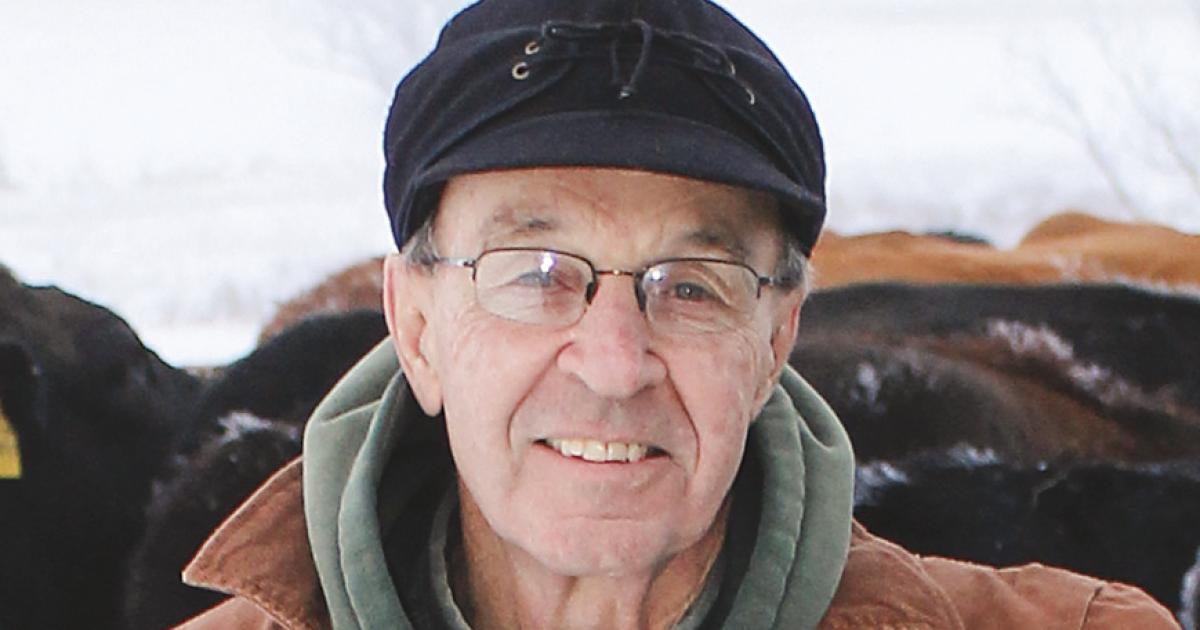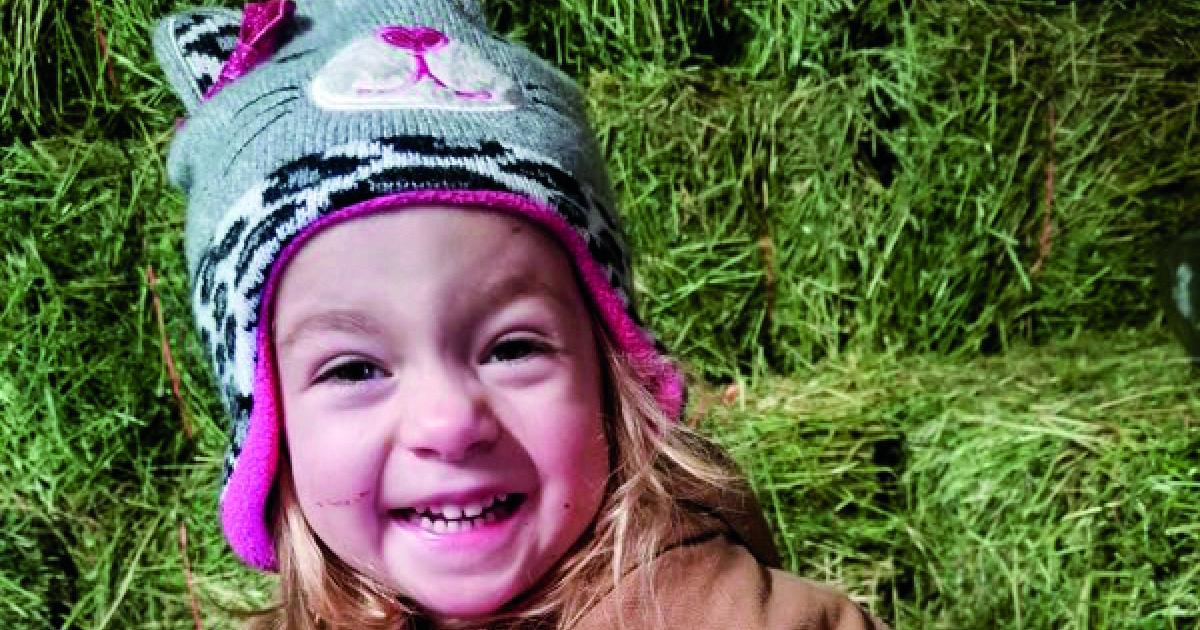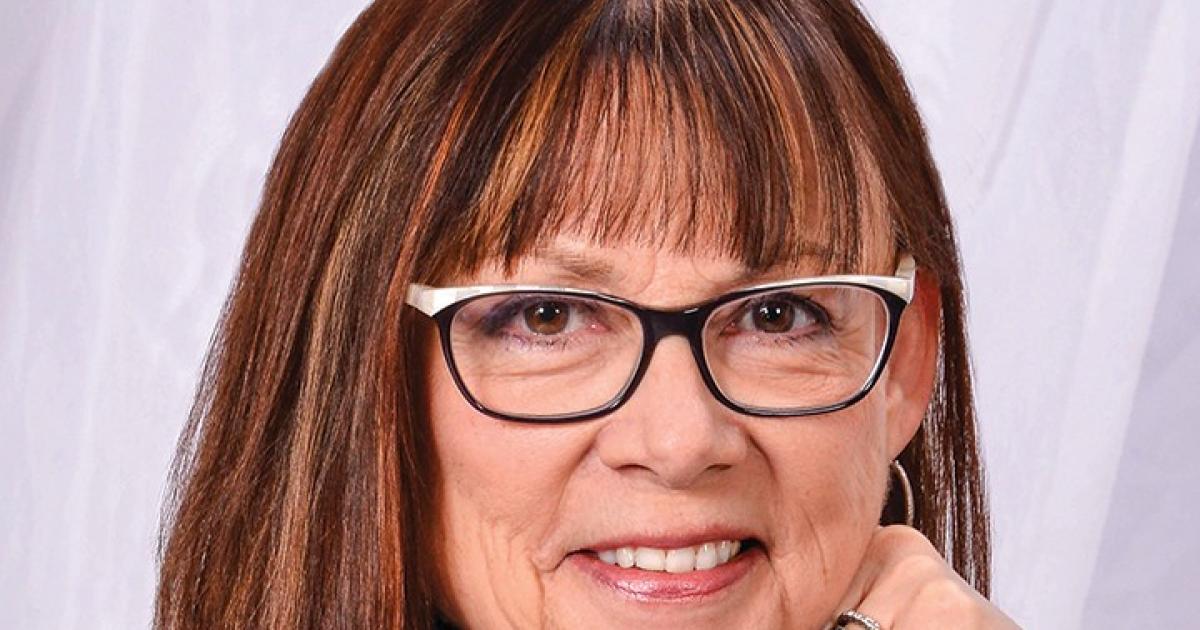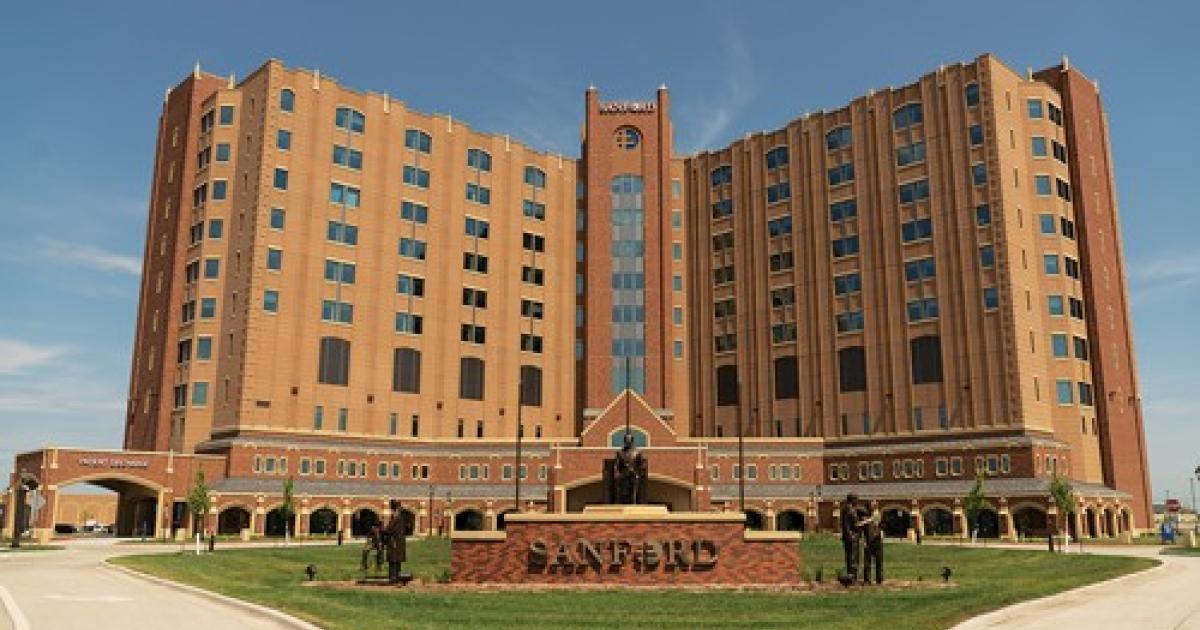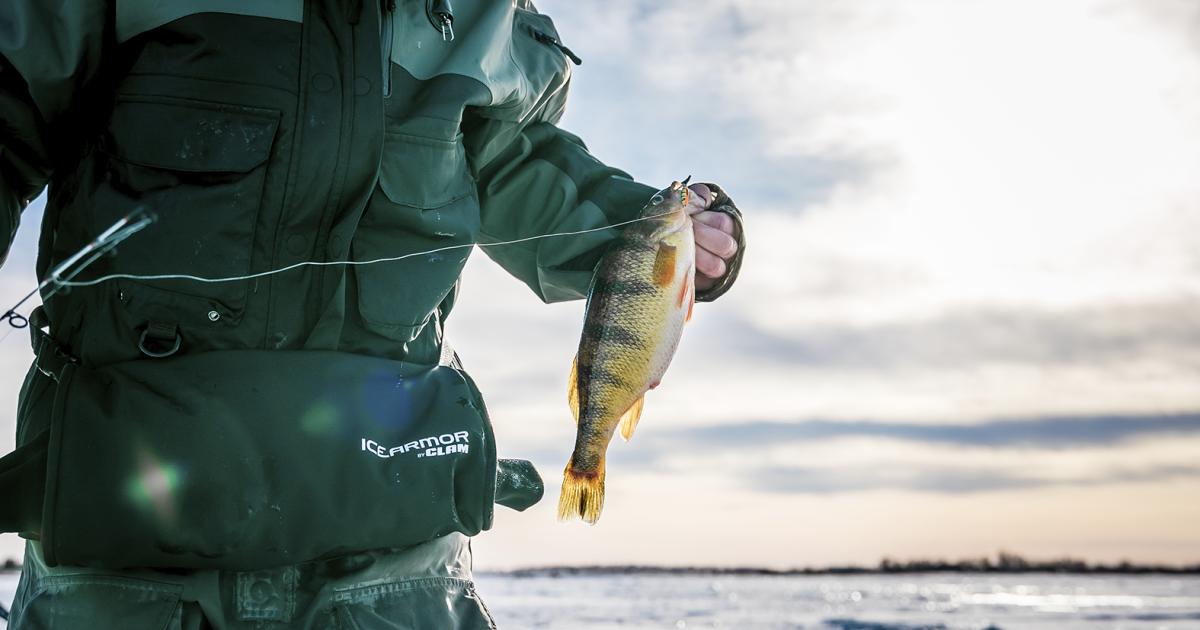The headline was impressive. Agriculture’s contribution to North Dakota’s economy totaled $30.8 billion, according to a study done by North Dakota State University, which looked at the years 2018 through 2020. What the headline didn’t say was livestock income accounted for just $2.6 billion, a figure many would consider disappointingly small.
For almost 100 years, the trend in this state has been to fewer livestock operations. There have been numerous attempts to reverse the trend. In 1991, for example, the goal of Project Pigs was to get more people to raise hogs, as the number of farms with hogs had declined to about 2,500. Fewer than 200 farms have hogs now. The state Dairy Coalition was formed in 2004, when the state had lost all but about 500 dairies. Despite a lot of effort, the decline continued, and the state now has fewer than 50 licensed dairy farms.
Here's another recent headline: “The Howard, S.D., Cooperative Elevator makes a good share of its corn volume into feed for an expanding hog industry in eastern South Dakota.” So, why not North Dakota? Those who have tried to stop the decline of livestock in North Dakota talk about roadblocks. There are many.
One roadblock is the distance to market, or simply a lack of markets. One big roadblock, which has gotten bigger in recent years, is local opposition to confined livestock enterprises – not in our backyard! Capital requirements can be an obstacle, as can the state’s law preventing corporations from owning farmland. The Legislature will likely change the law this year, as it did in 2015. If it does, the change will likely be referred and overturned, as was the case then.
Suppose you stopped 50 people at West Acres Mall in Fargo or at a University of North Dakota hockey game or on the midway at the N.D. State Fair and asked them, “How concerned are you about the decline in livestock numbers in North Dakota?” or “Is it a concern to you that livestock production in the state generates only one-sixth as much income as crop production?” How many people would be concerned? Not many, I’m afraid.
Al Gustin is a retired farm broadcaster, active rancher and a member of Mor-Gran-Sou Electric Cooperative.


